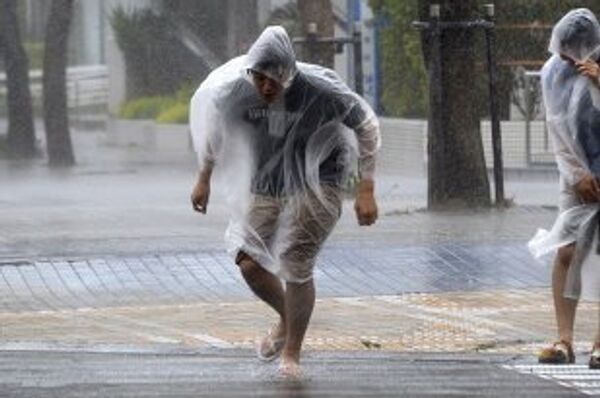My straight-laced, probably-never-smoked-pot-in-his-life, supervisor said he liked the idea fine but could he please have his PC back?
I returned it but only because I really had to. (It's a nice laptop.) However, many Americans find themselves powerless when roving bandits deprive them of cash, their cars and even their homes.
"Boy That's a Trap."
To add insult to injury, a series of training videos was obtained and released by the Institute for Justice in which Pete Connelly, a city attorney for Las Cruces, New Mexico, taught police how to get the best bang for their buck saying do not bother with jewelry since it's hard to pawn off.
Cash and nice cars are fair game, though. "Beemers" are apparently good sellers at auction.
It's a clear admission that this is about making money rather than enforcing justice and, to emphasize that point, he showed high hope for high profit off of legalization of pot given it is still a federal offense.
"You liberalize marijuana so somebody can sell it," he explains. "They sell the marijuana out of the house, then you seize the house, which is like ten bucks of marijuana and you get a $ 300,000 house. What a deal. "
Thanks to a federal program, law enforcement around the country can simply take your stuff because they want to. Specifically, they want to sell it and buy some new goodies. Where else do you you think they are getting the money for those tanks and SWAT gear?
"Equitable Sharing"
Indeed, civil asset forfeiture has become a huge business, growing by over ten times between 2001 and 2012, going from $ 407 million to $ 4.3 billion A year. That kind of income is more than the GDP of several countries including the Maldives and Barbados.
Sure, there's supposed to be some evidence the property was used in a crime but in many documented cases, creating that evidence is as easy as an officer saying they think they might smell pot in the area. The incidents in which people who were never even charged in a crime but had thousands of dollars, homes and even businesses seized are numerous and astounding.
- Vincent Costello was driving to Florida with his girlfriend and was pulled over for a cracked windshield. The officer claimed he smelled marijuana and searched the vehicle finding over $ 30,000 in cash Costello was going to use to renovate a home. No drugs were found but the police seized all of Costello's cash, anyway. Costello spent $ 9,000 on a lawsuit to only get half of the money back.
- In another instance, an elderly couple lost their home when their son sold $ 40 worth of drugs to undercover officers on the family's porch. They are still fighting to get their home back.
- A hotel owner in Tewksbury had his entire business confiscated on allegations that tenants were dealing drugs out of the rooms.
Those are just a few of a countless examples perpetrated by local and state law enforcement agencies but the biggest finger must be pointed at the federal government which promotes this program of "equitable sharing."
How encouraging local police officers to steal from citizens is "equitable," I'm not sure. How it's "sharing" to take that money to add to your own coffers, I'm also not sure.
But, the system does not seem to be ready to abate despite recent media attention. The Department of Justice is doing nothing and the courts usually side with police.


